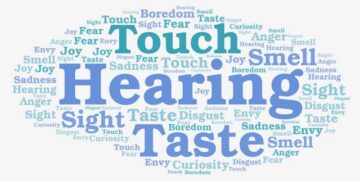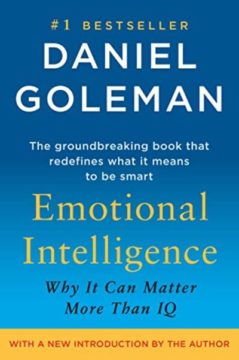by Gary Borjesson
Dwell as near as possible to the channel in which your life flows. —Henry David Thoreau

What does being true to ourselves feel like? The question goes to the heart of authenticity. Rousseau viewed our innermost feelings—the feeling of our existence (“le sentiment de l’existence”)—as a guide to authenticity and contentment. Nowadays we’re familiar with the notion that to find our way in love and work, we need to get in touch with our true feelings. Authenticity has even been equated with feelings, as if our felt sense were the only trustworthy guide to our lives.
In fact, authenticity is not a feeling, but an active way of being defined by conscious attention to the fit between who we are and the situation(s) in which we find ourselves. (See my previous essays in 3QD, here and here, for more on the meaning and practice of authenticity as an ethical ideal.) That said, our feelings do crucially guide our (ongoing) discovery of what it means to be true to ourselves.
But in order to be good guides, we need to know a few things about them. Here’s a big one: feelings are not as much “our own” as we might think. Our brain and the rest of our body evolved for engaging with our surroundings, meaning that our feelings are shaped and prompted partly by external factors. We’ll see that we cannot even know where our feelings are coming from unless we examine them.
To do that, and to start exploring how feelings inform authenticity, let me ask you to notice what you’re feeling right now. What word or words best describe this feeling? I’ll come back to why I ask. Read more »

 Daniel Goleman’s
Daniel Goleman’s  Although frequently lampooned as over-the-top, there is a history of describing wines as if they expressed personality traits or emotions, despite the fact that wine is not a psychological agent and could not literally have these characteristics—wines are described as aggressive, sensual, fierce, languorous, angry, dignified, brooding, joyful, bombastic, tense or calm, etc. Is there a foundation to these descriptions or are they just arbitrary flights of fancy?
Although frequently lampooned as over-the-top, there is a history of describing wines as if they expressed personality traits or emotions, despite the fact that wine is not a psychological agent and could not literally have these characteristics—wines are described as aggressive, sensual, fierce, languorous, angry, dignified, brooding, joyful, bombastic, tense or calm, etc. Is there a foundation to these descriptions or are they just arbitrary flights of fancy?